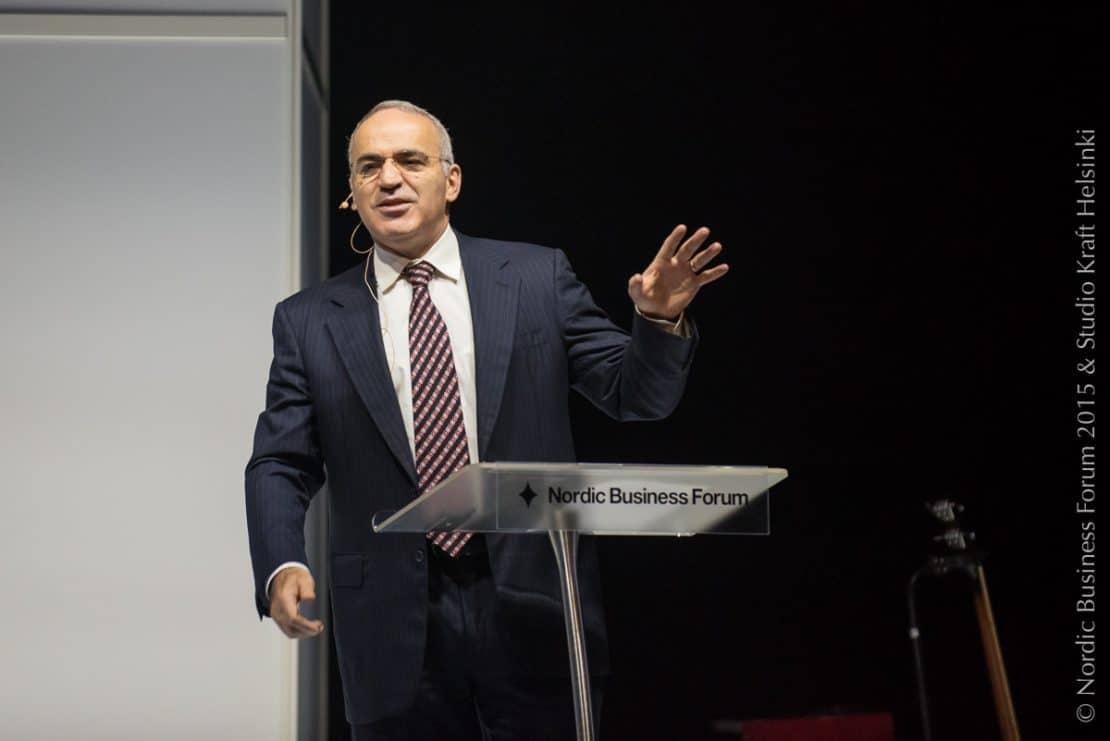2Oct2015
Simon Sinek described what is needed for a leader to successfully pursue the “why” made famous in his TED talk.
In the military they give medals to people who sacrifice themselves so that others may gain. In business, we give bonuses to people who sacrifice others so that we may gain. Big mistake.
People are social animals. Cooperation is based on trust, and trust is not a logical conclusion based on facts. Trust and cooperation come from the common feeling of being safe together among external dangers, a “circle of safety”. When this feeling of safety is absent, cynicism, mistrust, self-interest and paranoia take hold of people.
Any organization that creates fear among its members wastes and diverts energy from its true purpose. Vague goals and vision statements are one good way of unnerving people in an organization. Progress needs a destination, the sense of “why”.
If we only focus on short-term goals, we technically base our motivation on addiction. Successful organizations base their motivation on feelings of pride and public recognition, on trust and relationships, not on creating and maintaining addictive behavior.
Successful leadership is based on the recognition of what leaders are willing to sacrifice for the group. Leaders who sacrifice others but not themselves violate our biological sense of justice and loyalty. We will not give them our trust, loyalty or full energy.
Leaders must visibly communicate the responsibility and preparedness for sacrifice they feel. This builds trust and loyalty. One example is the US military’s culture of the highest-ranking officers eating last, even at risk of not getting food when rations are low.
The other strong base for leadership is the feeling of safety, created by making relationships visible and tangible. This cannot be mediated through emails, memos or documents. It must be through personal contact, at minimum a phone call, preferably face-to-face. This is the modern-day leader’s everyday sacrifice: of time and energy to build and maintain relationships.
These crucial elements of leadership must be practiced every day. They are hard to measure, but their results will be clearly visible after a while. They change the culture of the organization, for the better. And culture eats strategy and vision for breakfast.
Author: Erik Bäckman (@ErikMiltton on Twitter)



